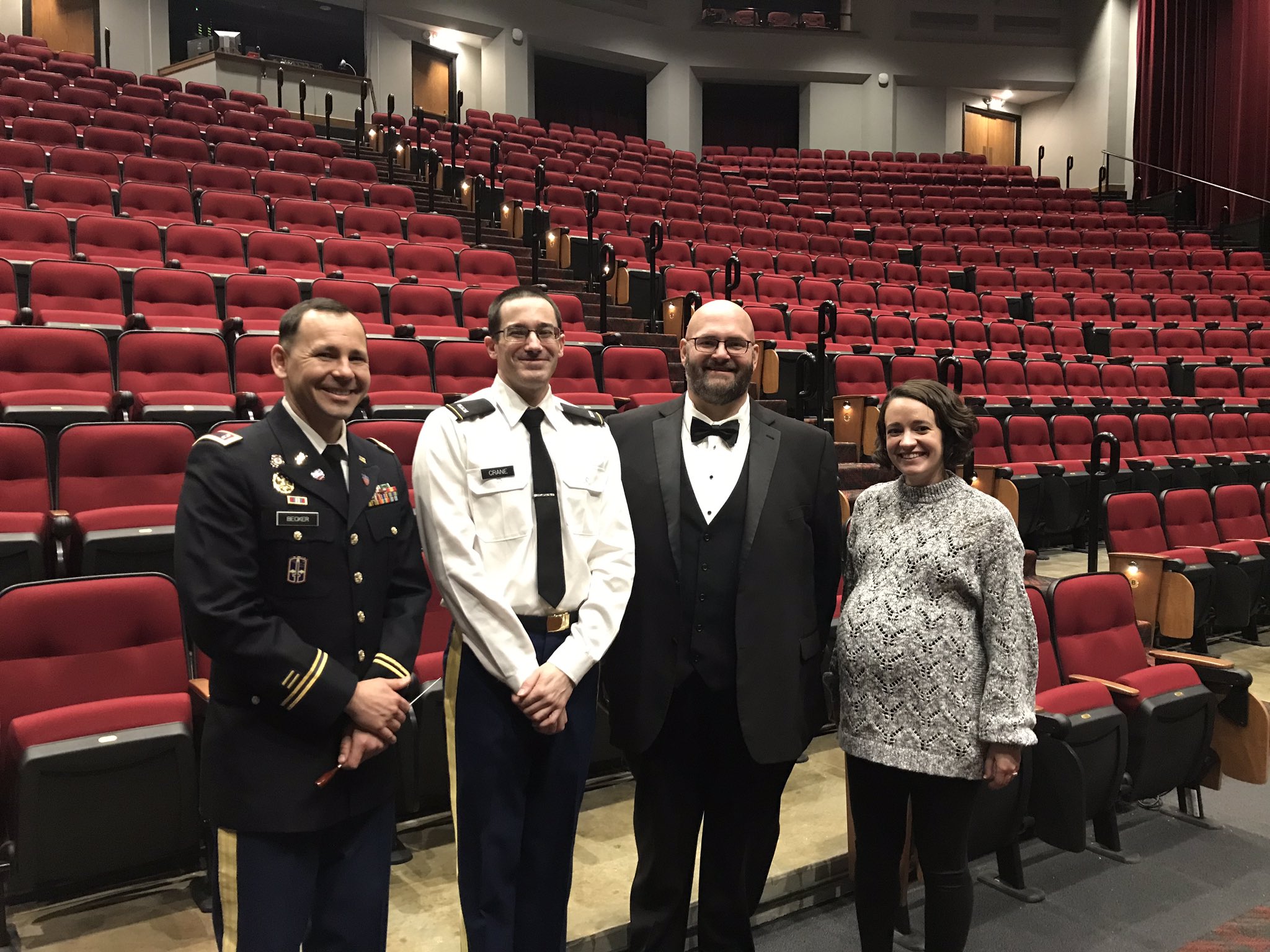Current Research
Seed Grants Recipients
2025 Seed Grant Awards
PI: victoria braegger, English & Technical Communication
" Engaging the Core: A Usability Study of Gamified Health as Understood Through PFMT Controllers"
PI: Shradha Agarwal, Nuclear Engineering and Radiation Science, Computer Engineering
Co-PI's: Don Wunsch, Mary Finley Missouri Distinguished Professor, Director Kummer Institute Center for AI and Autonomous Systems, Beth Kania Gosche, Education, Nilanjan Chakraborty, Mathematics and Statistics
"Evaluating Teacher and Student Interactions with GradeAnt, an AI-Powered Grading and Feedback System in STEM Education"
PI: Ryan Cheek, English & Technical Communication
"Communities of Chaos: Exploring Dark Humor Conspiracism as a Rhetorical Tool"
Research projects, accomplishments, information, and highlights

Music-making during a pandemic: S&T researchers study the experience of live versus recorded concerts
Drs. Amy Belfi (Psychological Science) and David Samson (ALP) recently published their CSTS-funded work investigating how audience members respond to live versus recorded concerts. This project, entitled Aesthetic Judgments of Live and Recorded Music: Effects of Congruence Between Musical Artist and Piece, was published in the journal Frontiers in Psychology in a Special Research Topic Area focused on the role of music during the COVID-19 pandemic.
In their work, which was conducted in collaboration with Jonathan Crane of West Point Military Academy and Nick Schmit (S&T ’20, biochemical engineering), Belfi and Samson asked one group of participants to attend a joint live concert between the S&T Bands and the 399th Army Band from Fort Leonard Wood. A second group of participants watched a video recording of the concert alone in a laboratory setting.
During the concert, participants rated their enjoyment of four musical pieces, one U.S. patriotic piece and one non-patriotic piece by each band. The researchers sought to answer two questions: 1) Do people report enjoying the music more during a live concert than a recorded concert? 2) Do people enjoy music more when it “fits” with the band playing it? Their results indicated little difference in enjoyment between the live and recorded settings. Additionally, Belfi and Samson found a strong effect of “congruency,” meaning that participants preferred music that “fit” with the band: they enjoyed patriotic music more when it was played by the army band and the non-patriotic music more when it was played by the S&T band. Overall, these results have important implications for music-making during and after the COVID-19 pandemic as artists work to replicate the live concert experience online. Most encouraging, the results indicate that listeners can experience pleasure even while viewing a pre-recorded concert, suggesting that some elements of the live experience can be faithfully replicated virtually.
Link to the paper: https://www.frontiersin.org/articles/10.3389/fpsyg.2021.618025/full
Society for the History of Technology
The Society for the History of Technology is holding its annual meeting in St. Louis in October. Proposals are now being sought for this meeting. Click the button below to learn more about this organization and this conference.
Institutional Review Board
Many STS researchers involve human subjects, and IRB approval for such research is critical. Please ensure that your research complies with IRB guidelines.
